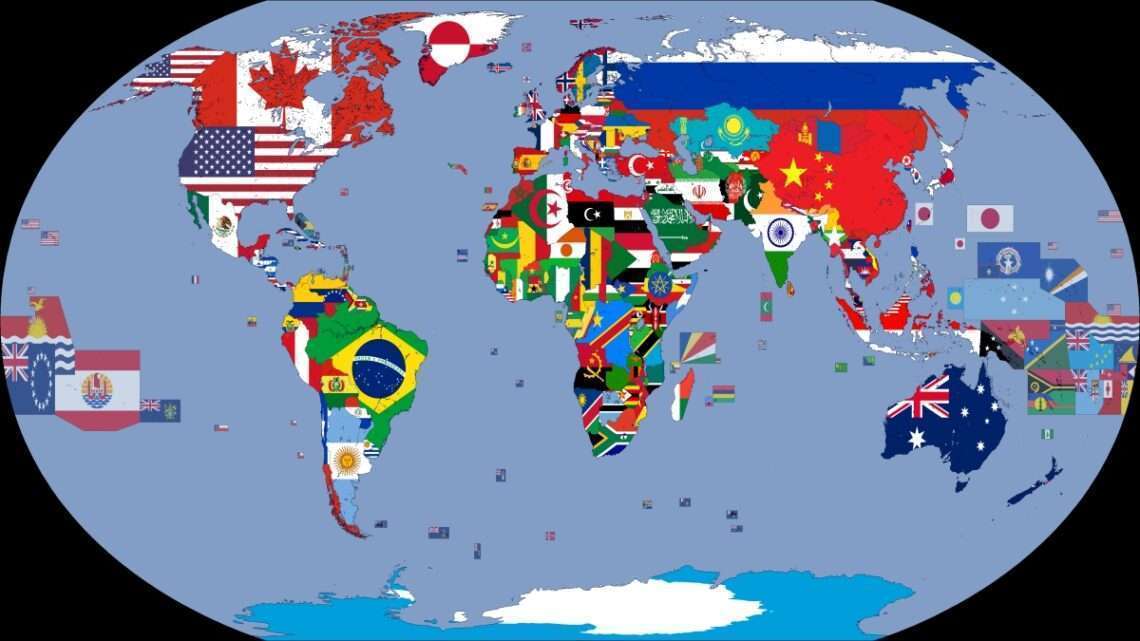
Which Country Is the Last to Celebrate New Year?
The New Year, observed on January 1st in many parts of the world, signifies the start of a new calendar year. This shift from one year to the next is more than just a change in numbers; it’s a rich, symbolic occasion filled with tradition, reflection, and joy.
The roots of New Year’s celebrations can be traced back to ancient civilizations. The Romans, for example, dedicated the first day of the year to Janus, the god of beginnings, after whom January is named. With his two faces looking both forward and backwards, Janus embodies the themes of reflection and anticipation.
Trending Now!!:
From Sydney to New York, fireworks are a universal expression of celebration, illuminating the night sky in vibrant colors and heralding new beginnings. Many people seize this opportunity to set New Year’s resolutions, aiming for personal growth in health, career, or self-improvement—a clear sign of their desire for renewal. Major cities worldwide host grand countdown events, with Times Square in New York being one of the most iconic. These celebrations are filled with music, dancing, and a communal spirit of festivity.

Each culture has its own unique customs. In Spain, for instance, eating twelve grapes at midnight, one for each month, is traditional to bring good luck. In Japan, temples ring bells 108 times to signify the purification from 108 sins or desires.
More than just a date change, the New Year serves as a psychological and cultural milestone. It encourages people to reflect on their past year’s successes and challenges, offering a fresh start for what lies ahead. It’s a time for family reunions, community festivities, and personal reflection.
In today’s digital world, New Year’s celebrations have expanded online. Social media fills with messages of hope, virtual gatherings, and live streams of global events, bringing people together in celebration across distances.
As each country welcomes the New Year at midnight, based on its time zone relative to Coordinated Universal Time (UTC), there’s a natural curiosity about which nation is the last to greet the new year. This title goes to the countries west of the International Date Line, where the new day officially begins.
The International Date Line (IDL) is an imaginary line on the Earth’s surface, generally following the 180° meridian, that delineates one calendar day from the next. It was created to prevent the confusion of having two different days occurring simultaneously on either side of the line.
The Last Country to Celebrate New Year

Tonga and Samoa are often cited as the last places to see the New Year, thanks to their position just west of the IDL. However, due to Samoa’s decision in 2011 to move from the eastern side of the IDL to the western side for economic reasons, it’s now technically Tonga that holds this unique distinction most years.
- Tonga, an archipelago in the South Pacific Ocean, is usually the last country to enter the New Year. Its capital, Nuku’alofa, experiences the moment when the new year begins after everywhere else in the world, typically around 11:00 AM UTC, or 10:00 PM on December 31st in UTC+13.
- Samoa, while now on the western side of the IDL, still celebrates New Year just before Tonga due to its time zone alignment (UTC+13).
Cultural Significance
For these Pacific nations, celebrating New Year’s Eve isn’t just about being the last; it’s a cultural event. In Tonga, celebrations include traditional dancing, feasting, and sometimes fireworks, albeit on a smaller scale than in larger metropolitan areas. The unique position of these countries gives them a brief moment of global attention as they transition into the new year.
The Flip Side: Kiribati

Interestingly, Kiribati deserves a special mention here. This nation spans the equator and the IDL, making it the first country to see the sunrise of the New Year in parts of the Gilbert Islands. However, the Line Islands, which are part of Kiribati but lie east of the IDL, actually celebrate New Year’s Eve a day later than the rest of the world, essentially experiencing New Year’s Eve twice if one travels between these islands.
Conclusion
The title of the last country to celebrate the New Year is a unique badge of honour for Tonga, highlighting the arbitrary yet fascinating nature of time zones and date lines. While most of the world is already into the first hours of the new year, Tonga enjoys its moment in the global spotlight, marking the end of one cycle and the beginning of another in a quiet corner of the Pacific.
This geographical quirk not only showcases the diversity of our planet but also reminds us that time, despite being universal, is experienced differently across the globe. As the world continues to evolve, such traditions and anomalies remind us of the beauty in our varied cultural and temporal landscapes.


